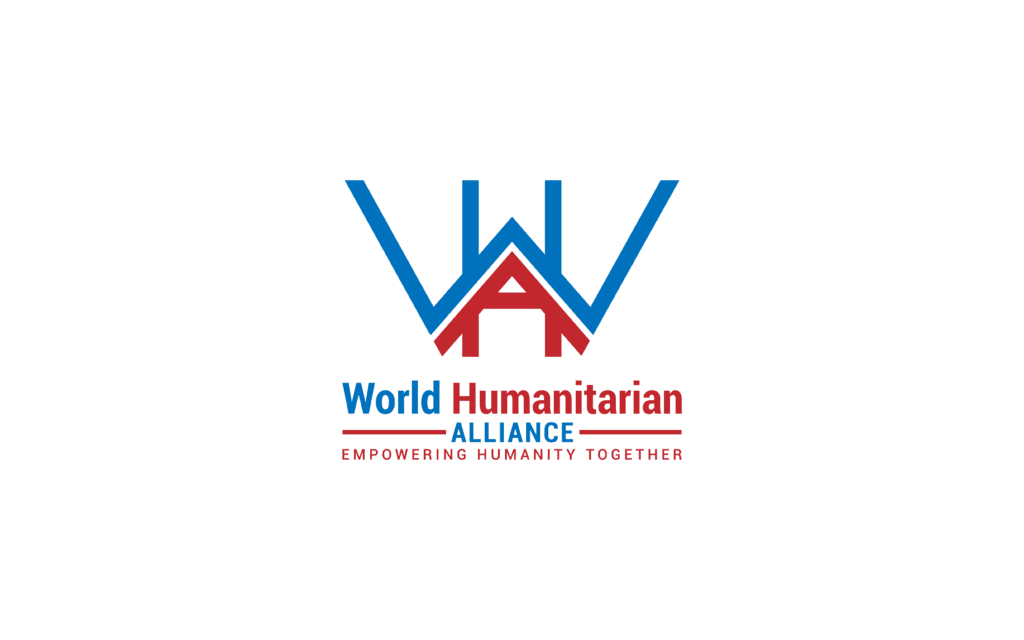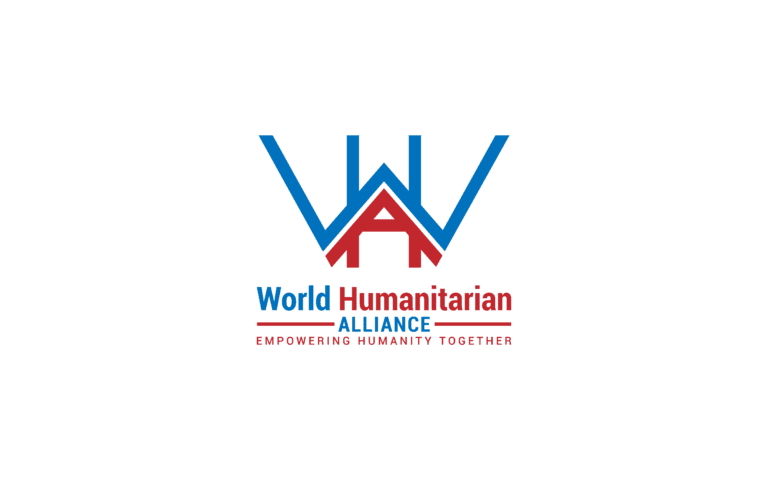Education

Education
Quick Facts

WHA has distributed over 40,000 educational kits globally, ensuring children have the necessary tools to continue learning during emergencies.

In 21 countries, WHA has facilitated the training of over 1,000 community volunteers as educators, fostering community-led educational initiatives.

Through our programs, WHA has rehabilitated and constructed 150 schools in conflict and disaster-stricken regions, providing learning spaces for 50,000 students.

Our digital education initiatives have reached over 35,000 students in remote and hard-to-reach areas, ensuring continuity of education amidst crises.
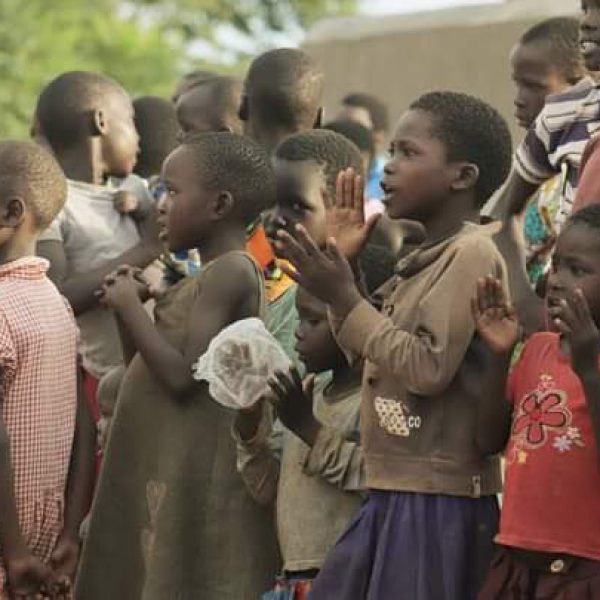
Our Approach
Education is a pillar of sustainable development and a fundamental human right that WHA champions, even in the most challenging situations.
Our Education in Emergencies (EiE) program targets the most vulnerable communities, ensuring children and youth have access to quality education amidst crisis and turmoil. In South Sudan, a country plagued by protracted conflict, we’ve set up 80 temporary learning spaces, reaching over 15,000 children who would otherwise miss out on their education. WHA has also trained 500 teachers in psychosocial support, helping them to better address the emotional needs of children scarred by conflict.
In South Sudan, a country plagued by protracted conflict, we’ve set up 80 temporary learning spaces, reaching over 15,000 children who would otherwise miss out on their education. WHA has also trained 500 teachers in psychosocial support, helping them to better address the emotional needs of children scarred by conflict.
In Nigeria, where insurgency has displaced millions, our EiE program has been transformative. We’ve established 100 accelerated learning centers, helping 25,000 out-of-school children catch up on missed education. Moreover, we’ve provided 10,000 children with education kits, containing all the necessary learning materials to foster their academic growth.
WHA’s impact extends to the Syrian refugee crisis, where the right to education has been disrupted. In Lebanon and Jordan, we’ve implemented a school rehabilitation project, reviving 20 schools and benefiting 10,000 refugee children. Additionally, we’ve provided psychosocial support to 5,000 children, helping them cope with trauma and thrive in their educational journey.
Our work also addresses gender disparities in education. In Afghanistan, in 2021, we initiated girls’ education projects, enrolling 11,000 girls in school and training 300 female teachers, directly challenging the barriers that hinder girls’ education.
The work of WHA’s Education in Emergencies program encapsulates our commitment to empowering humanity together. We strive to ensure that even in the midst of crisis, the flame of education continues to burn, illuminating the path to a better future for children and youth around the world.
In WHA’s relentless pursuit of education for all, we acknowledge the importance of inclusivity. Our programs are specifically designed to cater to children with disabilities, children from marginalized communities, and child laborers, reaching those often left behind.
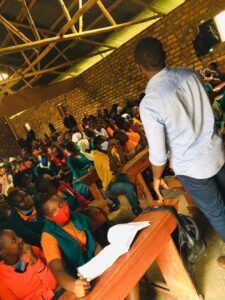
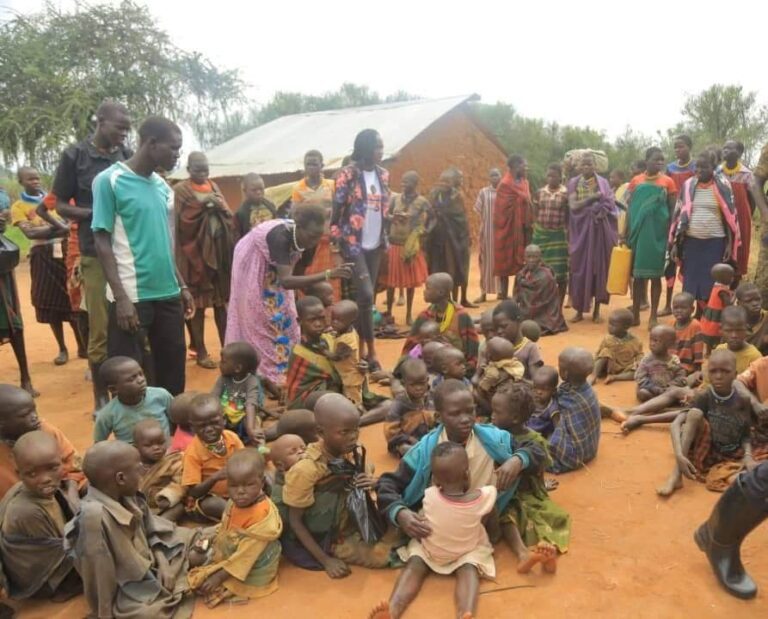

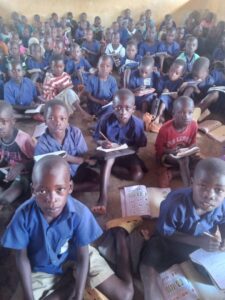
What We Do
Small Donations Make Big Impact on Someone’s
Life, Act Today!
The pinnacle of our effort encompasses vital reliefs aid sector, designed to alleviate human distress. All our endeavors are geared towards instilling hope in individuals impacted by crises, enabling them to rebound with even greater resilience than before.

Provision of shelter kits and NFIs

Provision of WASH services

Distribution of scholastic materials

Provision of food rations
Our Approach
In war-torn Yemen, WHA has developed 50 inclusive education centres, supporting over 10,000 children with disabilities to access education. We’ve provided specialized training to teachers, equipping them with the skills necessary to foster an inclusive learning environment, and opened a world of opportunities for these children.
Recognizing the power of technology, WHA has also employed digital solutions to tackle educational disruption in crisis-affected areas. Our remote learning initiatives have reached 30,000 students across the Democratic Republic of Congo, ensuring continuous learning amidst the instability. This digital reach has been pivotal in offering these children a semblance of normality, preserving their right to education, and offering hope for a brighter future.
In the crowded refugee camps of Cox’s Bazar, Bangladesh, education can easily fall by the wayside. However, WHA has risen to the challenge, setting up 150 child-friendly spaces that have provided over 20,000 Rohingya children with a safe space to learn and play.
Beyond providing access to education, WHA also focuses on the quality of education. We have instituted teacher training programs across 15 countries, enhancing the pedagogical skills of over 2,500 educators. These trained teachers are now better equipped to deliver quality education in emergencies, facilitating better learning outcomes for their students.
At the heart of our work in Education in Emergencies is a relentless commitment to nurturing the potential of every child, regardless of their circumstances. WHA firmly believes that no child should be deprived of their right to education due to emergencies. Through our programs, we strive to transform this belief into reality, lighting the torch of education in the darkest corners of the world.
Help Us to Make Difference
Restoring Hope Through
Education
Despite the devastation, WHA remained committed to ensuring that children’s education was not interrupted. We set up 80 emergency learning spaces within the temporary shelter camps, reaching over 5,000 children.
